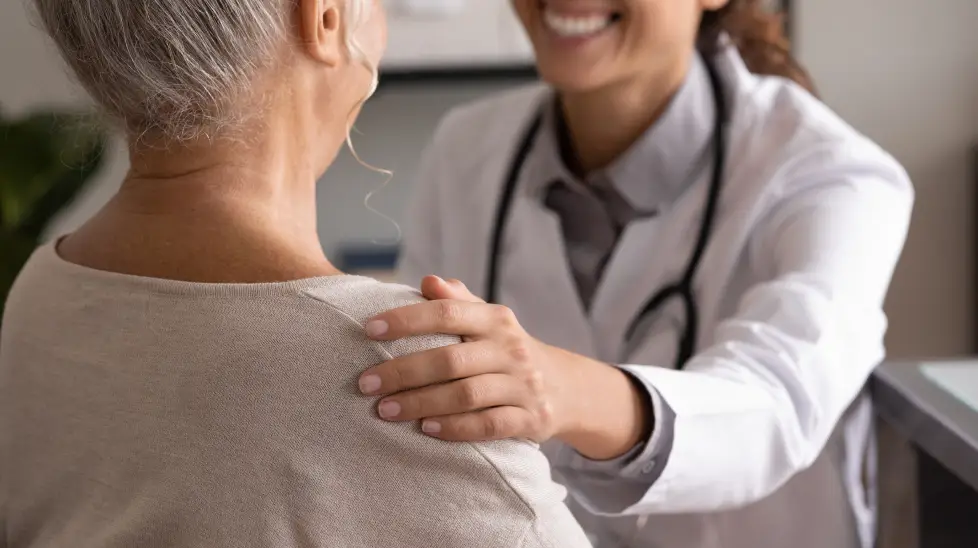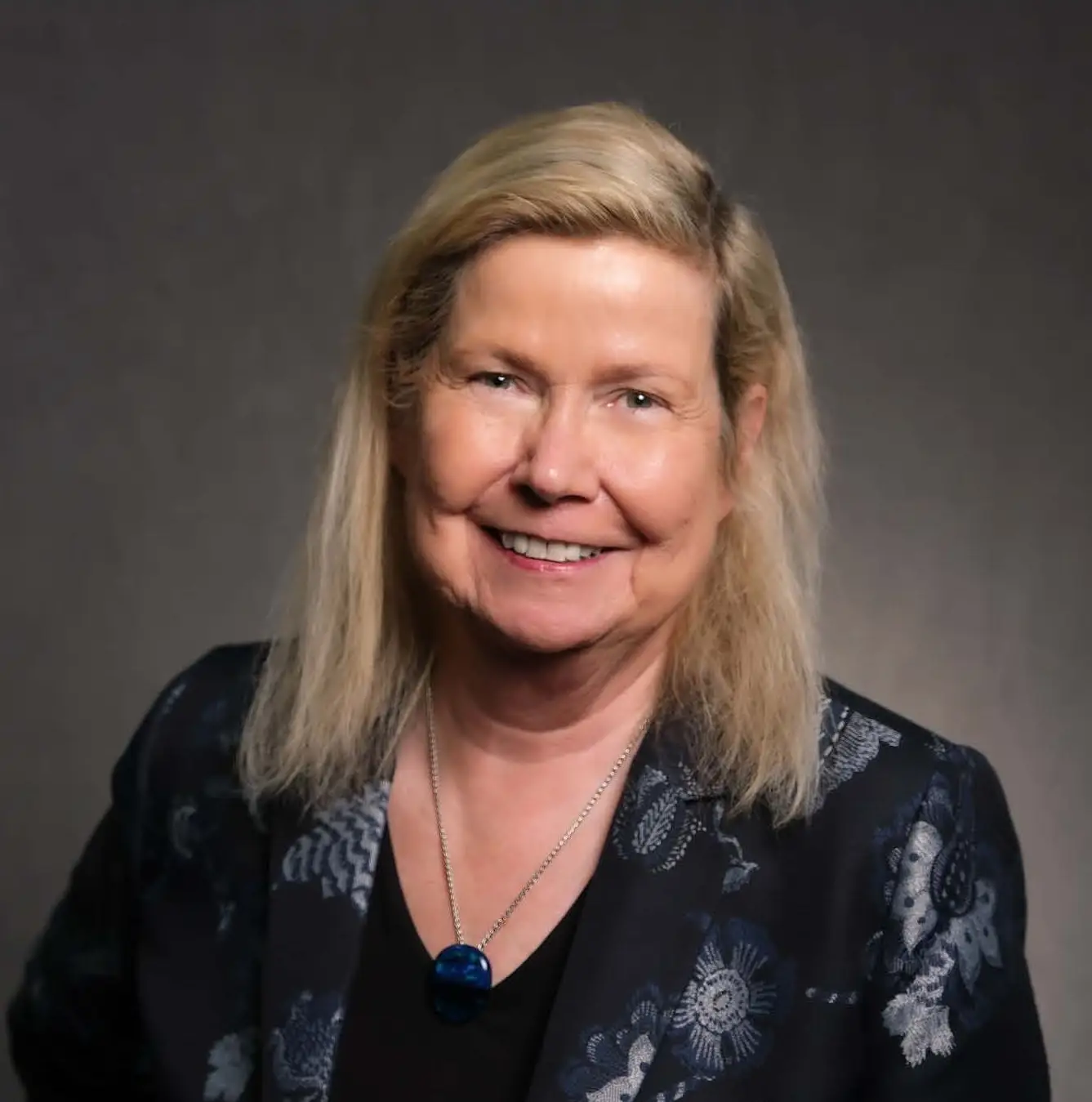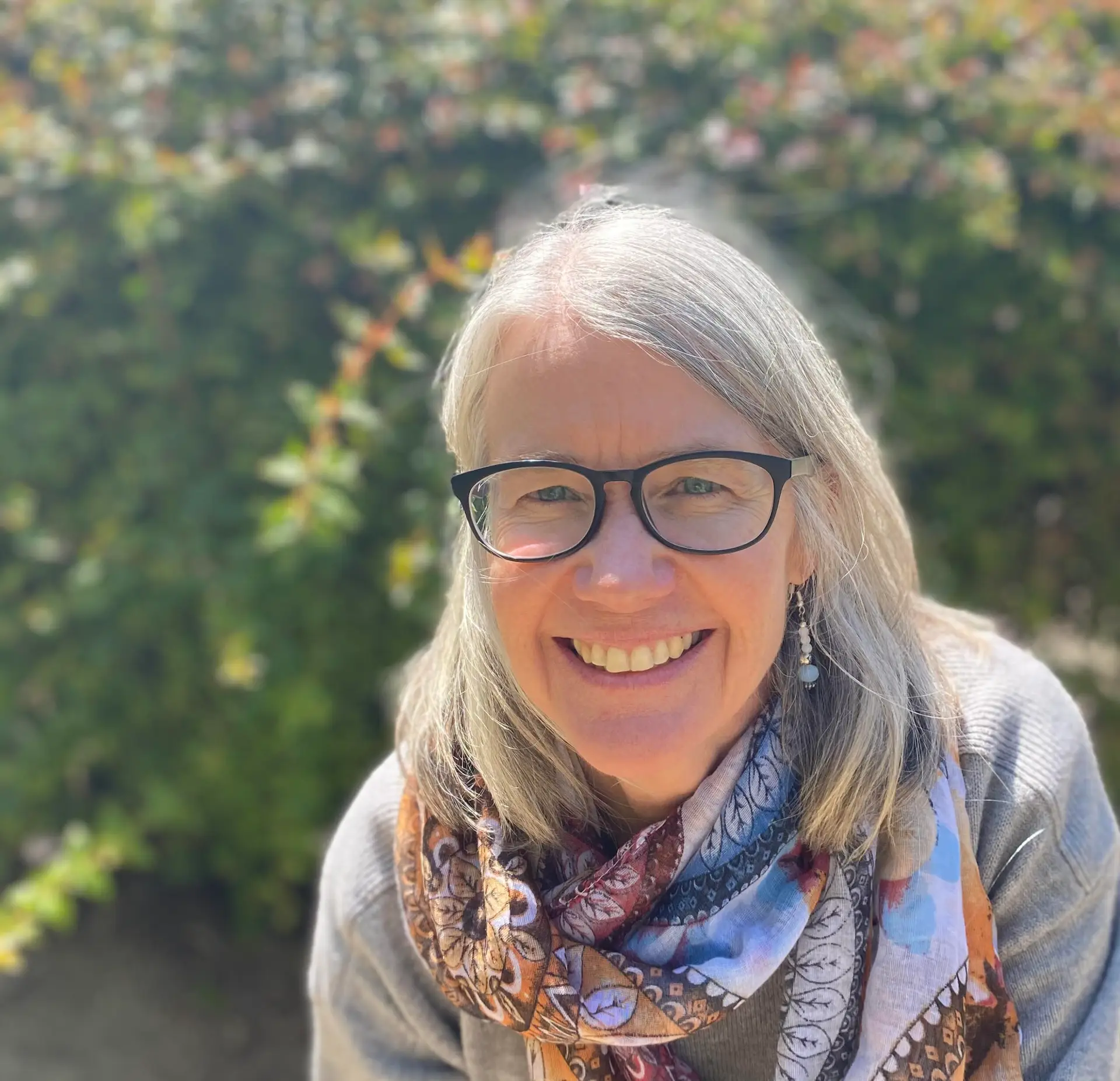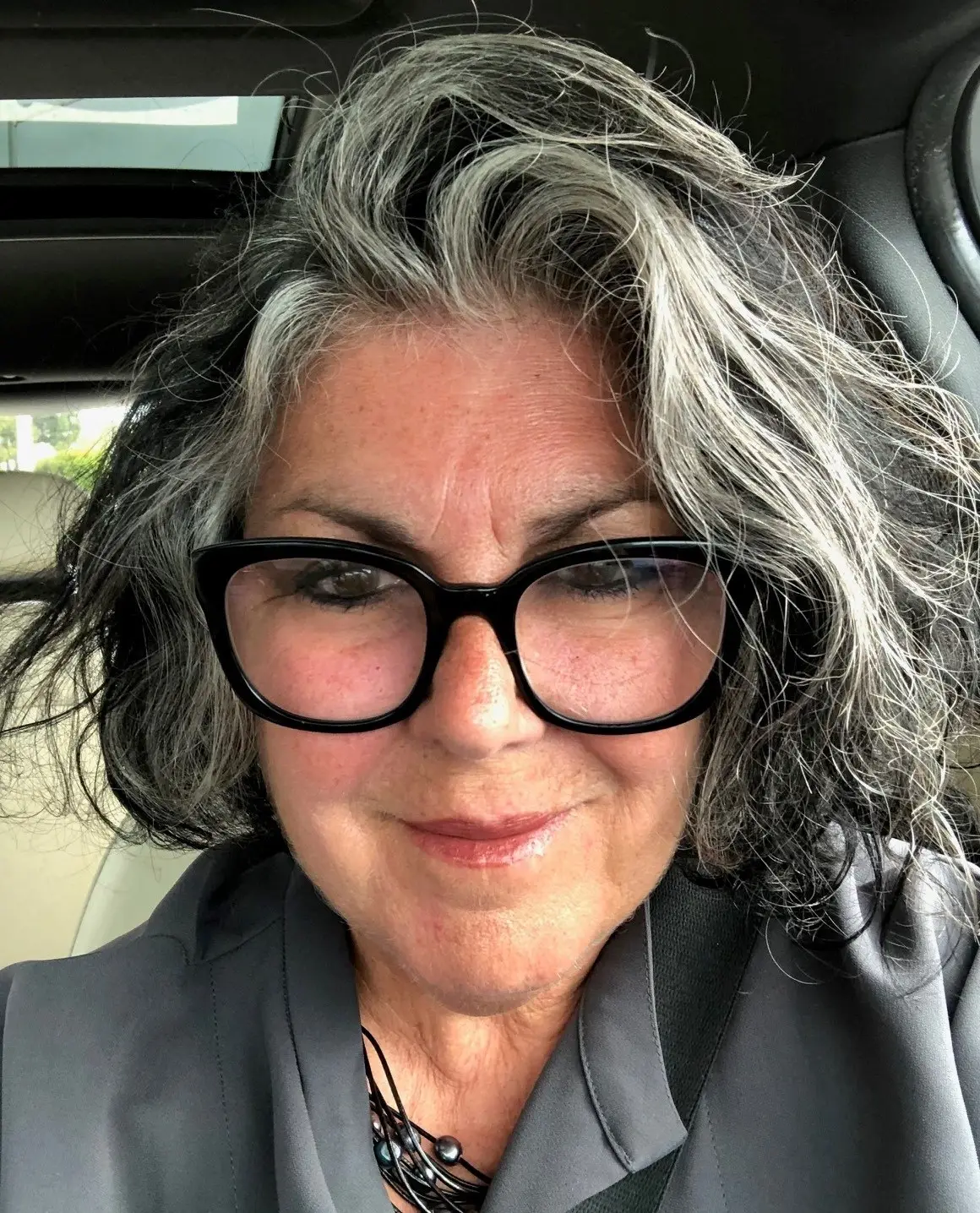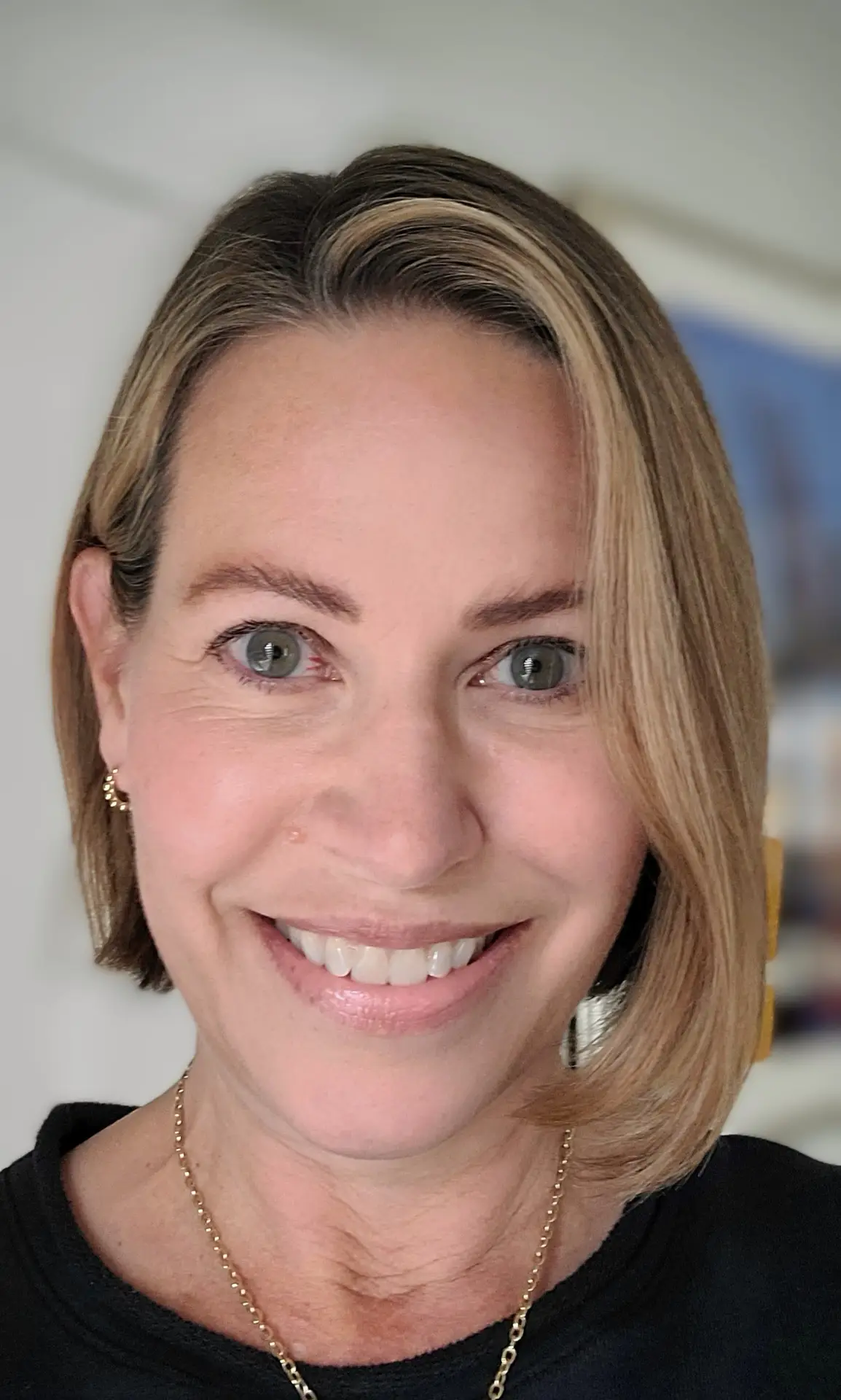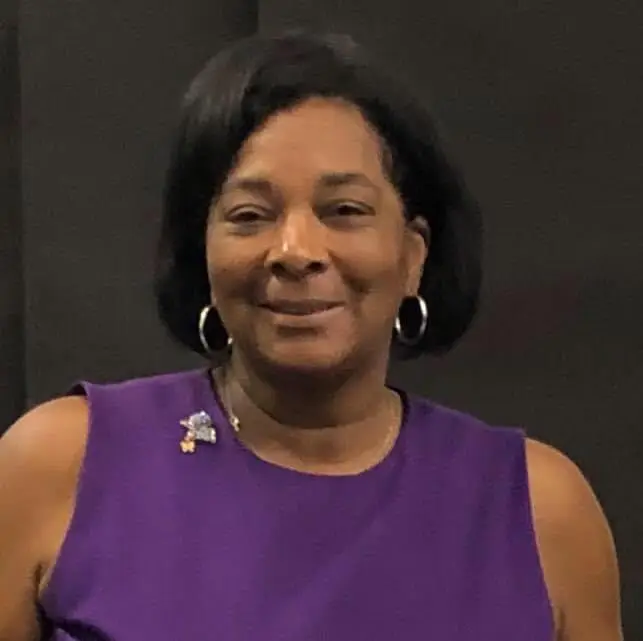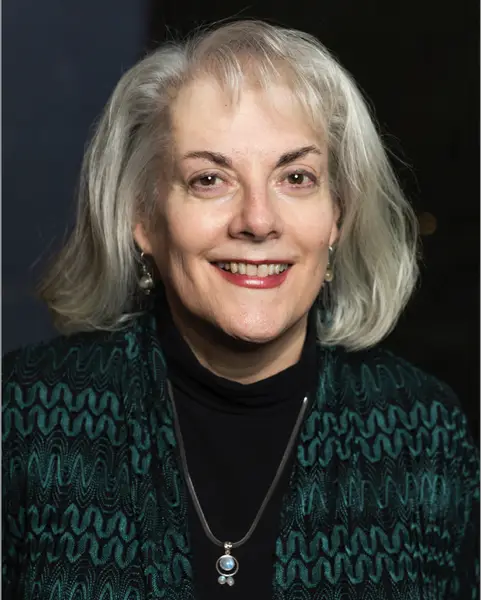Houston, TX, October 27th, 2022 – Delphi Diagnostics, Inc and Quantum Leap Healthcare Collaborative™(QLHC) announce the inclusion of Delphi’s SET2,3™ test for use in the I-SPY 2 TRIAL for patients with locally advanced breast cancer. The SET2,3™ test helps to determine which patients with HR+ tumors will benefit from endocrine therapy. Those patients whose biomarker profiles, including SET2,3 data, are predicted to benefit from endocrine therapy are randomized into an arm of the Endocrine Optimization Pilot (EOP), a sub-study of the I-SPY 2 TRIAL. Otherwise, patients are randomized to chemotherapy-based arms in the trial. Although EOP patient tumor samples have been assessed with the SET2,3™ test for over a year, the use of the test for adaptive randomization of patients into the trial—a true prospective application of the SET test, began in July 2022.
The SET2,3™ index is a measure of the level of transcriptional activity of genes that are related to receptors for the hormones estrogen and progesterone. The index is adjusted based on the baseline prognosis for the individual patient, including tumor size and lymph node status. A “high” SET2,3™ index has been shown to be associated with a good prognosis on endocrine therapies. SET2,3™ provides prognostic information independent of adjuvant and neoadjuvant chemotherapy responses (Du et al. 2021). Thus, the SET index allows QLHC to help women choose whether to start with endocrine therapy or chemotherapy.
With over 1,400 patients enrolled, the I-SPY series of trials is changing the way new breast cancer treatments are developed, helping make available new, better, and more personalized treatments. At the heart of the I-SPY program is the ground-breaking I-SPY 2 platform trial for neoadjuvant treatment of locally advanced breast cancer.
The I-SPY 2 TRIAL is designed for the rapid Phase 2 assessment and personalized targeting of promising agents or combinations based on biomarker subtypes defined by hormone receptor, HER2, and tumor gene signature status, such as MammaPrint (70-gene signature). It is the longest-running platform trial globally.
An additional focus of I-SPY is the identification and validation of biomarkers to improve the targeting of therapy, incorporating prospective evaluation of qualifying biomarkers. SET2,3™ is being evaluated in addition to other diagnostic tests, including tests such as full transcriptome array tumor profiling, phospho-protein arrays, immune multiplex assays, circulating tumor DNA (ctDNA), and other targeted interrogations.
Within the I-SPY 2 TRIAL, the EOP is focused on patients with molecularly low-risk (MammaPrint low-risk), clinically high-risk, hormone receptor-positive (HR+), and HER2-negative breast cancer. These patients historically have been excluded from the I-SPY 2 TRIAL due to the predicted lack of chemotherapy benefits. The EOP is a sub-study within the main I-SPY 2 clinical trial utilizing an endocrine therapy backbone for patients whose tumors are predicted to be sensitive to endocrine therapy but for whom chemotherapy provides little or no benefit.
SET2,3™ is currently being evaluated in the Endocrine Optimization Pilot (EOP). In I-SPY 2.2, patients who have a high-risk MammaPrint score (and thus likely to benefit from chemotherapy) but also are SET high will have the option to go into the EOP arm or to be randomized to the other experimental arms of the I-SPY 2 TRIAL. This is because the SET2,3™ score indicates they are likely to be sensitive to the endocrine therapies offered in this study.
“We are grateful to Delphi Diagnostics and their partnership for enabling us to add SET2,3™ testing for all of our patients with hormone-positive tumors in the I-SPY TRIAL,” said Dr. Laura Esserman, co-principal investigator of the I-SPY Trials. “We know that the biology of hormone-positive tumors is highly variable, and we need biomarkers that better predict responsiveness to endocrine therapy. SET2,3™ is a critical advance and should enable us to direct patients to therapy that is both more effective and less toxic. The goal of I-SPY 2 is to get the right drug to the right patient at the right time; SET is one of the tools that will enable us to get there.”
Delphi Diagnostics, Inc. holds an exclusive license from The University of Texas MD Anderson Cancer Center in Houston, TX to commercialize the SET technology that was developed by the laboratory of Dr. W. Fraser Symmans1. Dr. Symmans chairs the I-SPY Pathology Working Group.
1Dr. Symmans has a personal financial relationship with Delphi that has been identified as a conflict of interest and is managed by MD Anderson’s Conflict of Interest Committee.
About the I-SPY TRIALs
The I-SPY TRIAL (Investigation of Serial studies to Predict Your Therapeutic Response with Imaging And moLecular analysis) was designed to rapidly screen promising experimental treatments and identify those most effective in specific patient subgroups based on molecular characteristics (biomarker signatures). The trial is a unique collaborative effort by a consortium that includes the Food and Drug Administration (FDA), industry, patient advocates, philanthropic sponsors, and clinicians from 16 major U.S. cancer research centers. Under the terms of the collaboration agreement, Quantum Leap Healthcare Collaborative is the trial sponsor and manages all study operations. For more information, visit ispytrials.org.
About Delphi Diagnostics
Delphi Diagnostics Inc. is a Texas-based company focused on advancing clinically valid tests for the prognosis and prediction of breast cancer treatment. The Sensitivity to Endocrine Therapy test (SET™) measures Sensitivity to Endocrine Therapy in all stages of HR+HER- breast cancer. The SET test is currently being used in prospective clinical trials. Delphi’s mission is to make the SET test available to breast cancer patients, maximize disease-free survival while minimizing toxicity, and avoid non-beneficial treatments. To learn more, visit www.delphi-diagnostics.com.
About Quantum Leap Healthcare Collaborative
Quantum Leap Healthcare Collaborative is a 501C(3) charitable organization established in 2005 as a collaboration between medical researchers at the University of California, San Francisco, and Silicon Valley entrepreneurs. Our mission is to integrate high-impact research with clinical processes and systems technology, resulting in improved data management and information systems, greater access to clinical trial matching and sponsorship, and greater benefit to providers, patients and researchers. Our goal is to improve and save lives. Quantum Leap provides operational, financial, and regulatory oversight to the I-SPY Trials. For more information, visit www.QuantumLeapHealth.org.
Contact Delphi Diagnostics:
Emily Granger
Delphi Diagnostics Inc.
egranger@delphi-diagnostics.com
(508) 341-9331
QLHC Media Contact:
Jacqueline Murray
Marketing and Communications Director
j.murray@quantumleaphealth.org
(415) 839-8082
For more information, email karyn.digiorgio@quantumleaphealth.org



